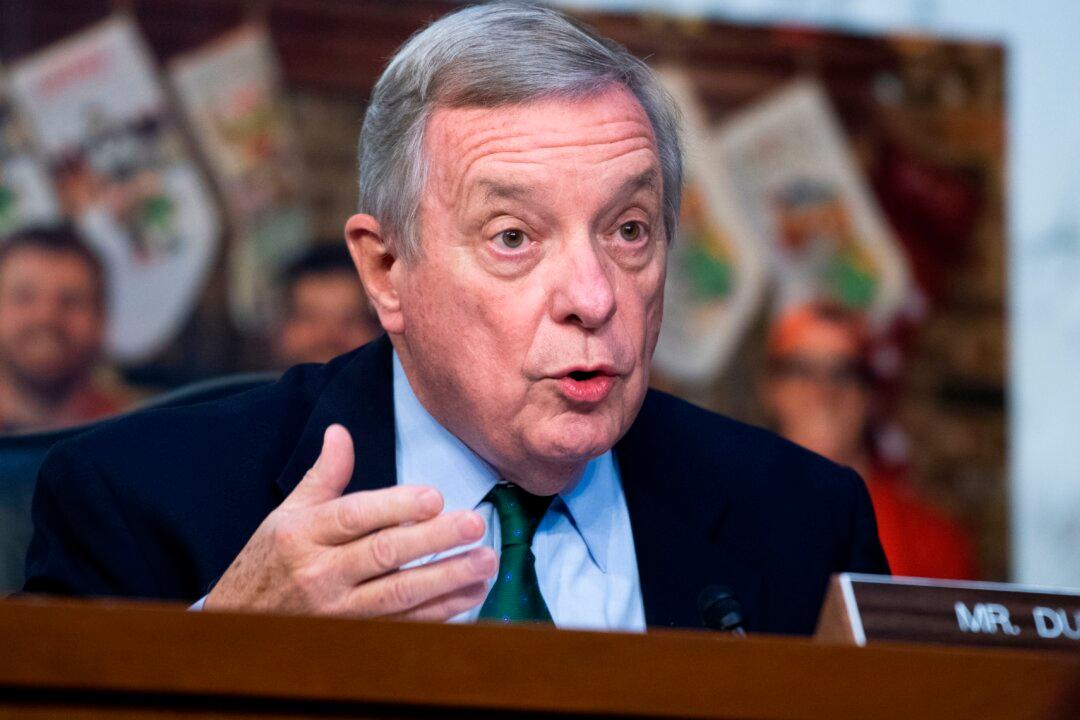During a heated July 12 exchange in the Senate Judiciary Committee, Sen. Dick Durbin (D-Ill.) explained his reasoning for changing his mind on abortion after once calling for Roe v. Wade to be overturned.
Tuesday’s hearing focused on the potential legal repercussions of the Supreme Court’s (SCOTUS) decision in Dobbs v. Jackson Women’s Health Organization, in which SCOTUS decided to overturn the abortion standard defined by Roe v. Wade.





